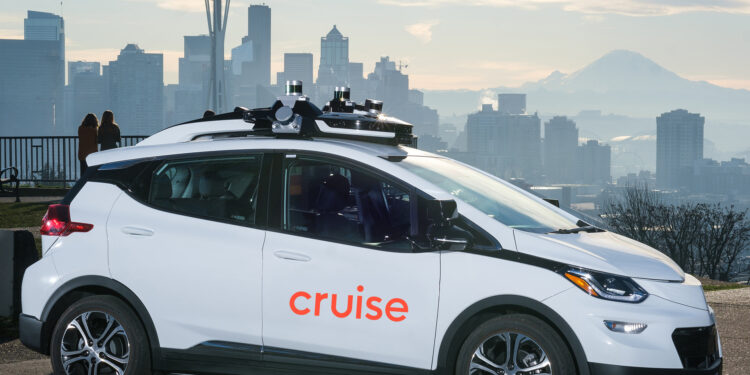As driverless vehicles edge closer to reality on city streets, Seattle officials are building a framework to prepare for their arrival, one that places community trust, equity, and public safety at the core of how the city integrates autonomous technology.
The Seattle Department of Transportation (SDOT) has released a set of seven priorities aimed at shaping how the city manages and adapts to the rise of autonomous vehicles (AVs), including driverless taxis. The recommendations come from a community-led working group established in 2024 and reflect months of input from residents, advocates, and mobility experts.
At the top of the list is a call for accountability and transparency. City officials say any rollout of AVs must be grounded in clear communication with the public and continuous community feedback. “We can’t just hand over our streets to machines without involving the people who use them,” said one SDOT spokesperson. “Community trust is non-negotiable.”
The second priority focuses on job protection, acknowledging that automation could disrupt segments of the transportation workforce. The city plans to explore retraining programs and create new career pathways for those whose roles may be displaced by the growing AV industry.
Next, the city is emphasizing accessibility and affordability, aiming to ensure that low-income and historically marginalized residents benefit from the arrival of driverless options, not just tech-savvy commuters or affluent early adopters.
Safety remains another pillar. The city intends to make data-sharing from AV companies a requirement, enabling public access to safety metrics such as crash reports, near-miss incidents, and vehicle performance.
Environmental impact also makes the list. Officials want to evaluate how AVs affect traffic flow and emissions, particularly as the city works toward climate goals. There’s also a broader focus on the social footprint of these technologies, especially in underserved communities that already face mobility challenges.
Lastly, SDOT plans to invest in public education efforts to demystify the autonomous vehicle industry and build trust between residents and emerging transportation systems. This includes everything from neighborhood workshops to digital literacy campaigns explaining how AVs work and what rights people have when interacting with them.
The working group that developed these guidelines was made up of a diverse mix of Seattleites: people of color, immigrants, low-income residents, individuals with disabilities, members of the LGBTQ+ community, and representatives from environmental justice and social service organizations. Their collective input shaped a vision that places people, especially those often left out of tech rollouts, at the center of innovation.
City leaders say the roadmap isn’t just about preparing for AVs, but about ensuring technology serves the public good as it enters Seattle’s streets. Implementation is expected to be gradual, with pilot programs and policy proposals surfacing over the next two years.







